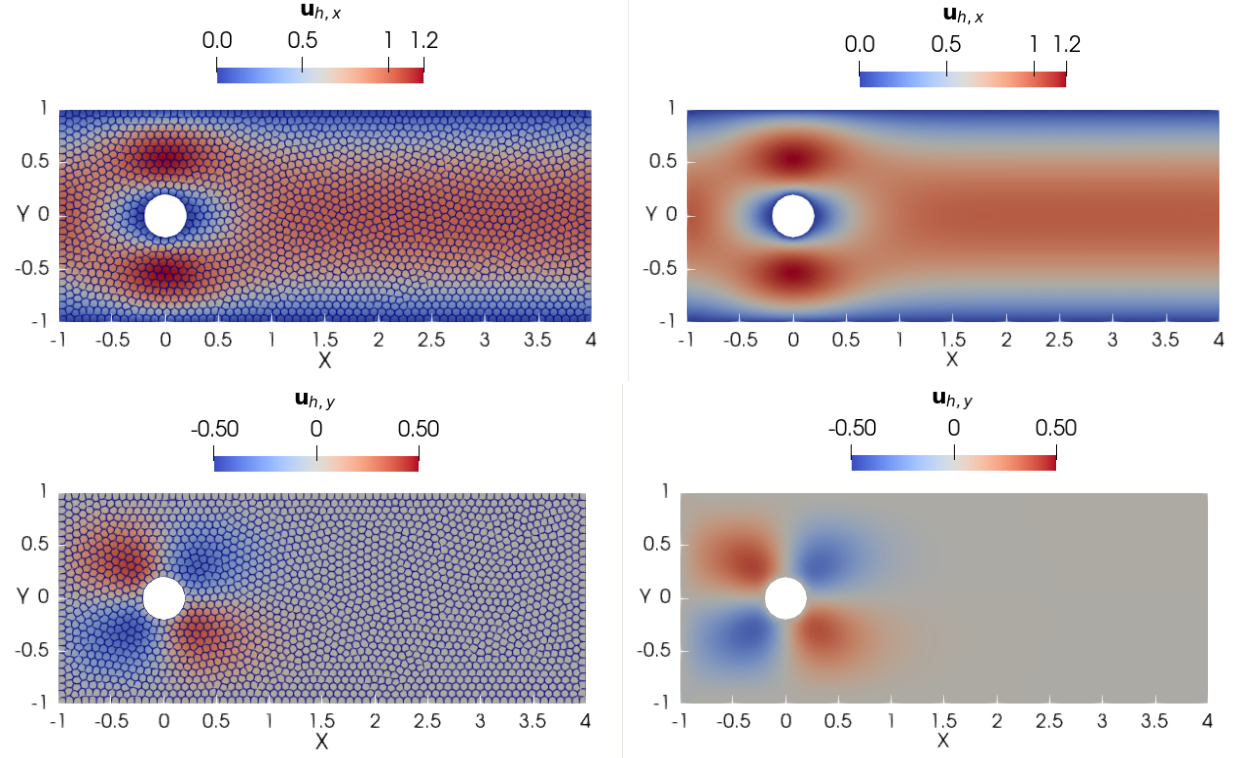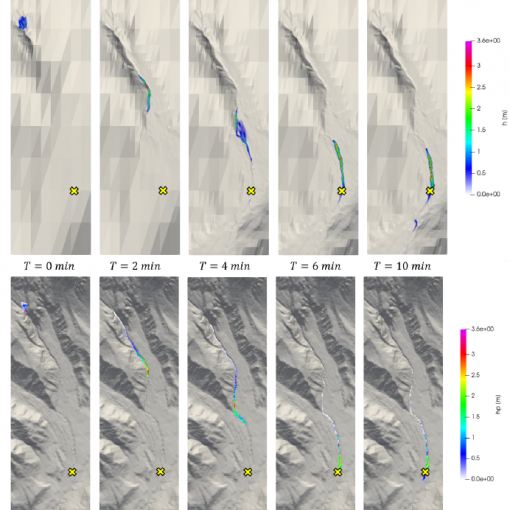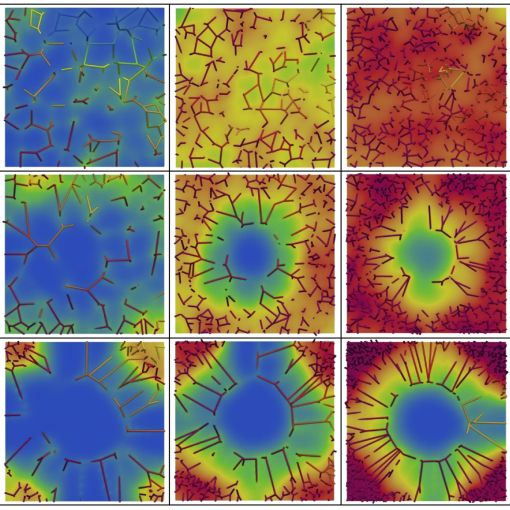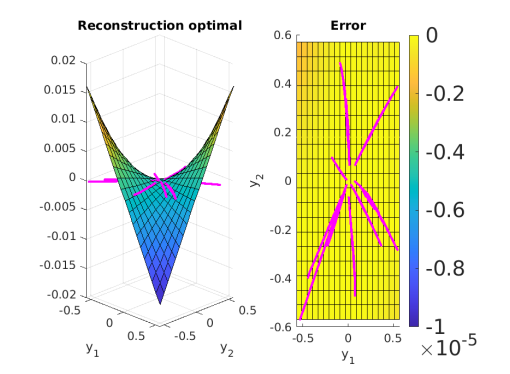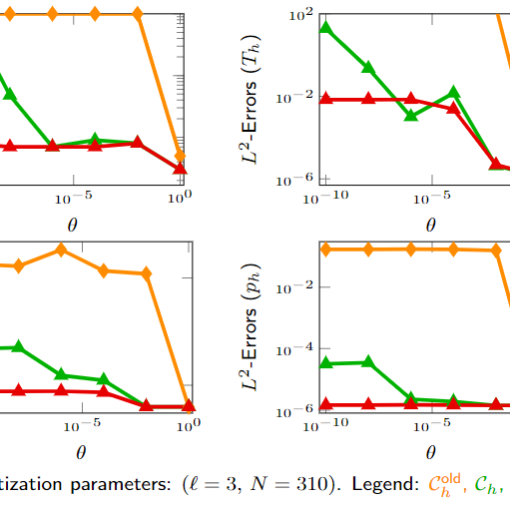A new MOX Report entitled “A polytopal discontinuous Galerkin method for the pseudo-stress formulation of the unsteady Stokes problem” by Antonietti, P.F.; Botti, M.; Cancrini, A.; Mazzieri, I. has appeared in the MOX Report Collection. Check it out here: https://www.mate.polimi.it/biblioteca/add/qmox/54-2024.pdf Abstract: This work aims to construct and analyze a discontinuous Galerkin method on polytopal grids (PolydG) to solve the pseudo-stress formulation of the unsteady Stokes problem. The pseudo-stress variable is introduced due to the growing interest in non-Newtonian flows and coupled interface problems, where stress assumes a fundamental role. The space-time discretization of the problem is achieved by combining the PolydG approach with the implicit theta-method time integration scheme. For both the semi- and fully-discrete problems we present a detailed stability analysis. Moreover, we derive convergence estimates for the fully discrete space-time discretization. A set of verification tests is presented to verify the theoretical estimates and the application of the method to cases of engineering interest.
You may also like
A new MOX Report entitled “A comparative analysis of mesh-based and particle-based numerical methods for landslide run-out simulations” by Fois, M.; Gatti, […]
A new MOX Report entitled ” Modeling Hypoxia Induced Radiation Resistance and the Impact of Radiation Sources ” by Possenti, L.; Vitullo, […]
A new MOX Report entitled “Reconstruction of unknown nonlienar operators in semilinear elliptic models using optimal inputs” by Bartsch, J.; Buchwald, S.; […]
A new MOX Report entitled “Robust discontinuous Galerkin-based scheme for the fully-coupled non-linear thermo-hydro-mechanical problem” by Bonetti, S.; Botti, M.; Antonietti, P.F. […]

